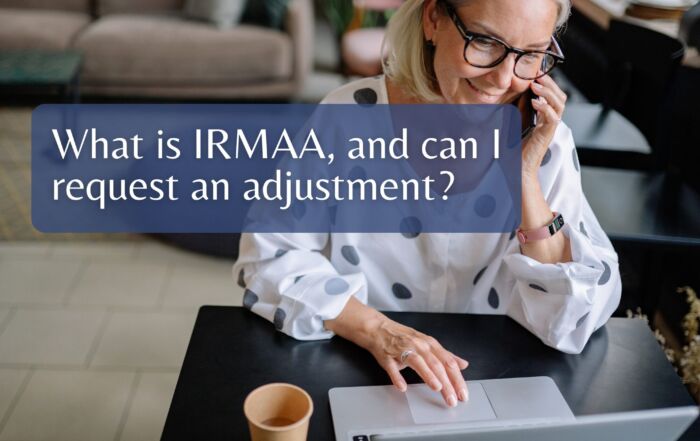
Here’s How to Avoid Paying Capital Gains Tax
One question we often receive is, “How can we avoid paying capital gains tax?” Capital gains taxes typically occur when you buy an investment such as a house, rental property, investment portfolio stock, etc. When you buy an investment and hold it for less than a year, you pay regular income tax on it, but capital gains tax gets applied based on your income. Since there are different levels of income, the percentage of taxes varies. It could be 0% capital gains tax, which is unusual because you’d basically need to have no income for that to apply. It could be 15% of capital gains tax, or 20% if your income is around 400,000 or more. This tax is applied to the gains on the investment. For instance, if you bought a hundred thousand dollars in stock, and the value of the stock increased to two hundred thousand. If you were to sell it, you’d pay income tax on the hundred thousand dollars.
Ways to Avoid Capital Gains Taxes
There are a couple of ways that you can avoid capital gains tax. The first one is harder, which is if you were in a time period where you don’t have any earned income or taxable income. There is a threshold that can differ for single versus married filers. The other option would be to use a capital gains harvesting strategy in your portfolio. A good wealth manager should already be applying this strategy to your investments. There are always opportunities to sell stocks for a loss while still being invested. A good example would be selling SPY, the S&P 500 ETF, and buying VOO the Vanguard S&P 500 ETF. This strategy is called tax loss harvesting, and by doing it you can create a negative tax credit. For example, we had a portfolio last year from which we were able to harvest about $300,000 in capital losses, while remaining invested in the same underlying securities. It’s important to know that inside IRAs or other retirement accounts you don’t pay capital gains tax. Tax payment occurs when you withdraw money from the account. Therefore, this strategy would not apply to these type of accounts.
Have more questions? Contact Us
Casey Smith
President, Wiser Wealth Management
Click here to schedule a consultation with one of our financial planners.
Listen to Our Podcast:
Share This Story, Choose Your Platform!
Wiser Wealth Management, Inc (“Wiser Wealth”) is a registered investment adviser with the U.S. Securities and Exchange Commission (SEC). As a registered investment adviser, Wiser Wealth and its employees are subject to various rules, filings, and requirements. You can visit the SEC’s website here to obtain further information on our firm or investment adviser’s registration.
Wiser Wealth’s website provides general information regarding our business along with access to additional investment related information, various financial calculators, and external / third party links. Material presented on this website is believed to be from reliable sources and is meant for informational purposes only. Wiser Wealth does not endorse or accept responsibility for the content of any third-party website and is not affiliated with any third-party website or social media page. Wiser Wealth does not expressly or implicitly adopt or endorse any of the expressions, opinions or content posted by third party websites or on social media pages. While Wiser Wealth uses reasonable efforts to obtain information from sources it believes to be reliable, we make no representation that the information or opinions contained in our publications are accurate, reliable, or complete.
To the extent that you utilize any financial calculators or links in our website, you acknowledge and understand that the information provided to you should not be construed as personal investment advice from Wiser Wealth or any of its investment professionals. Advice provided by Wiser Wealth is given only within the context of our contractual agreement with the client. Wiser Wealth does not offer legal, accounting or tax advice. Consult your own attorney, accountant, and other professionals for these services.





